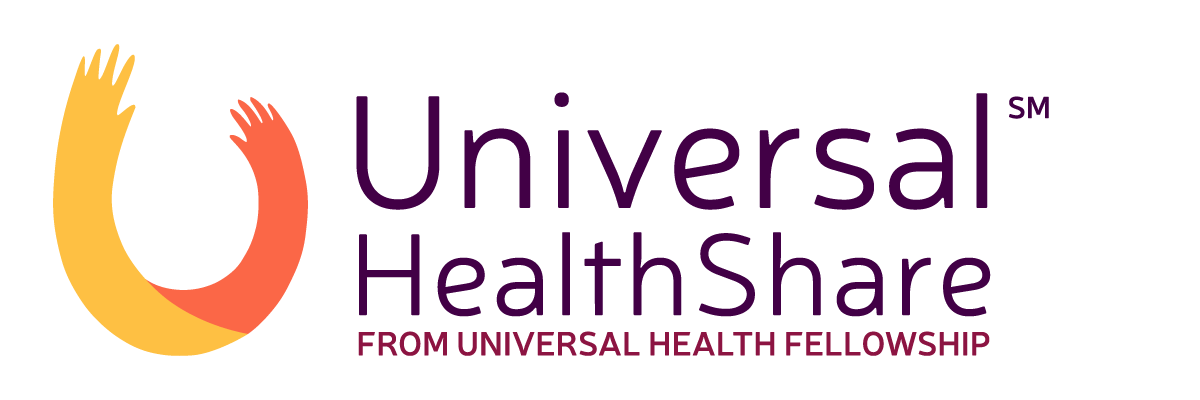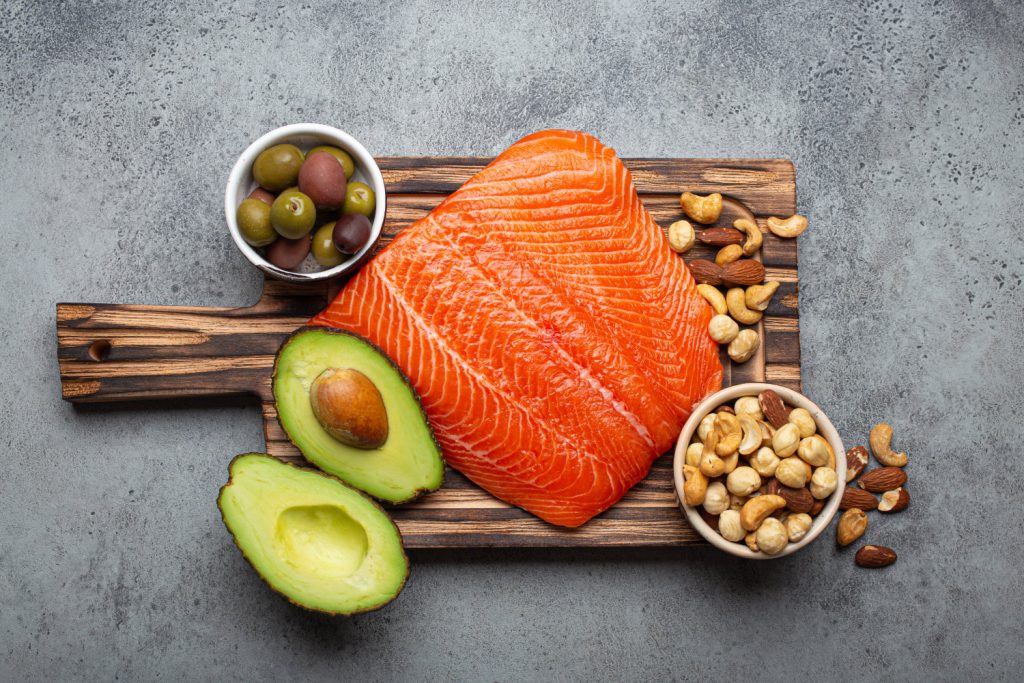Since the 60s, many diets have promoted low-fat diets as the best way to reduce your chance of various diseases and weight gain. Since then, experts have agreed a healthy, balanced diet for most people includes a mix of fats, carbs, proteins, fruits, vegetables, and dairy. This blog covers the differences between different kinds of fats, commonly referred to as “good” fats and “bad” fats.
What is Fat?
Dietary fats are a necessary nutrient in food responsible for keeping your body functioning properly. Fats provide you with energy, keep your body warm, build cells and create hormones, protect your organs, and even help your body absorb essential vitamins.
Types of Fat
Generally, unsaturated fats are labeled as healthy fats, while saturated and trans fats are not as good for you. This doesn’t mean you can’t consume saturated and trans fats, rather you should be aware of how much you regularly consume.
The difference between saturated and unsaturated fats is in their chemical structure. Saturated fats are made of a chain of carbon atoms covered with hydrogen atoms, while unsaturated fats are made of a chain of carbon atoms with significantly fewer hydrogen atoms bound to them.
Saturated Fats
Saturated fats are found in red meat, skin-on poultry, whole-milk dairy products, butter, egg yolks, and palm and coconut oils. These foods are likely ones your doctor has warned you may increase LDL or “bad” cholesterol levels. Too high LDL levels can raise your risk for heart disease and artery blockages.
There’s some debate over whether saturated fats are as bad for you as many are led to believe. According to a few studies from the UK, these fats do not directly contribute to heart disease, although some saturated fats, like those in milk and eggs, may be better for you than others.
Unsaturated Fats
Unsaturated fats are found primarily in vegetables, nuts, and fish. These are the fats your doctor has likely recommended to improve your HDL or “good” cholesterol levels. HDL cholesterol absorbs cholesterol in the blood and transports it to the liver to be flushed from the body. The better your HDL cholesterol level is, the lower your risk for heart disease and stroke.
Within the unsaturated fats family are monosaturated fats and polysaturated fats.
Monosaturated Fats
Monosaturated fats are found in foods like avocados, olive and canola oils, almonds, pecans, and other nuts. Monosaturated fats not only help reduce LDL cholesterol levels, but also provide essential nutrients to help develop and maintain the cells in your body.
Polysaturated Fats
Polysaturated fats are found in foods like walnuts, flaxseeds, salmon and other fatty fish, as well as corn and sunflower oils. Polysaturated fats are either contain omega-3 or omega-6 fatty acids. Omega-3 and omega-6 fatty acids are beneficial for heart health. Your body doesn’t make these fatty acids, meaning you can only get them from your diet.
Trans Fats
Small amounts of trans fats also come from some animal-based foods like meat and milk, but larger levels of trans fats come from processed foods and are created during the industrial process. Trans fats are found in foods like, cakes, cookies, donuts and other baked goods, margarines, microwave popcorn, frozen pizza, and french fries and other fried foods. Trans fats raise your LDL cholesterol level and lower your HDL cholesterol levels.
Key Takeaways
Fat is an essential part of a healthy, balanced diet. Several necessary vitamins are only able to be absorbed with the help of fats. Most of your fat intake should be coming from unsaturated fats, through vegetables, fatty fish, nuts, avocados, and seeds. The easiest way to focus on getting the right types of fat into your diet can be achieved by focusing on adding more unsaturated fats to your diet and avoiding saturated fats when possible.


